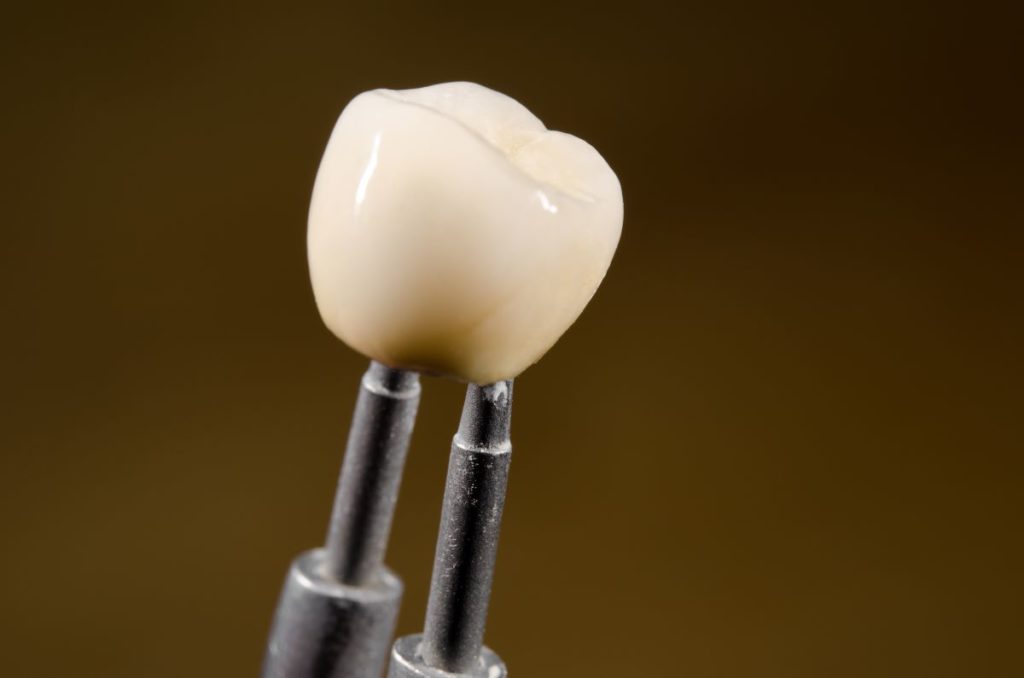For those patients who have missing teeth, they should speak with their dentist about the benefits of dental implants so that they are well informed of their choices.
It is dangerous to do nothing, causing unnecessary stress on the body and surrounding teeth. Over time, the teeth will shift and move to compensate for the missing tooth or teeth and this can cause even more complications. In addition, gums are frequently damaged and patients tend to chew their food less well, which can lead to digestive problems that affect the entire body.
Most professionals understand that the body is a holistic entity, even if they don’t understand the complexities of how it is so entirely. A lot of research has been conducted and although the reason behind it is unclear, there have been strong links between oral health and general health conditions such as missing teeth and mental health and gum disease and heart disease, to name a few.
With this in mind, replacing teeth as quickly as possible is a wise decision. For those patients who do not quite understand the health implications and how this will affect them personally, then they should feel welcomed to have a candid and honest conversation with a non-judgmental and compassionate professional who has their best interests in mind. There is no point in forcing people to do things against their will, but it is important that people are fully aware of their decisions so that they can make the best one for themselves.
How does this treatment work?
An implant treatment can be altered to suit the individual, so whether a patient is older or younger, has a single missing tooth or has dentures that need stabilizing, then this treatment has a solution for all.
At the core of the procedure, a titanium metal rod is inserted into a strategically placed position in the mouth and a crown, bridge or arch is attached to this in due time. Titanium is used because it bonds with the bone, creating a long-lasting and very durable structure for the visible teeth to be secured onto.
It is for this reason alone that professionals recommend this option when possible, knowing that it is guaranteed for several decades and with a success rate of 98%, offers an effective and positive result for the vast majority of individuals.

How does it differ from other options available?
There are other solutions available for those people who cannot have dental implants for one reason or another. These include dentures for when all the teeth are removed, or bridges, for when one or a few teeth are lost.
The main difference is that these options are designed to sit on top of the gums and not penetrate into the jaw, which can have devastating consequences over time. When the jaw bone is not stimulated as it is with natural teeth or by an implant, it will recede over time, weakening the bond it has with teeth and ageing the face.
For those looking for a long-lasting solution to their missing teeth, they should consider dental implants and speak with a professional as to whether this option is suitable for them.

